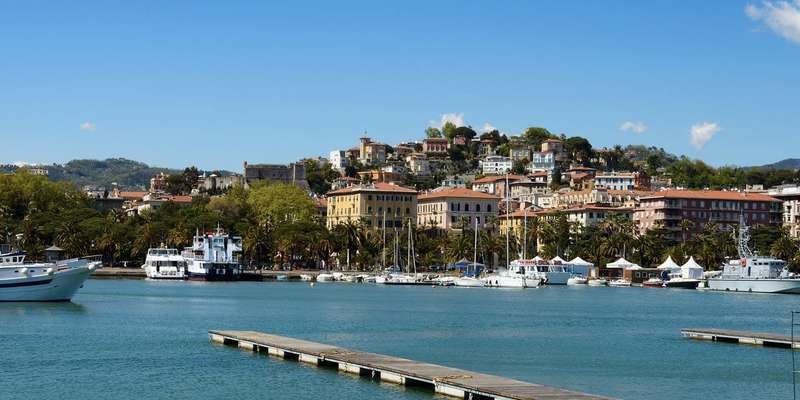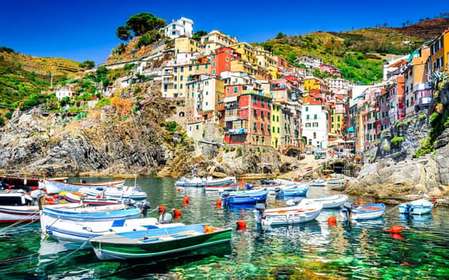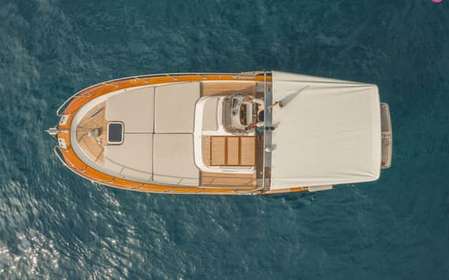- Home
- Useful Tips
- Is La Spezia suitable for a solo trip?
Solo travelers often hesitate before visiting lesser-known Italian destinations, fearing isolation or logistical challenges. La Spezia – the gateway to Cinque Terre – presents unique dilemmas: Is the port city walkable enough for independent exploration? Are there safe, social accommodations for solo visitors? With 68% of solo travelers prioritizing safety over cost (2023 Solo Travel Survey), these concerns can overshadow the allure of Liguria’s colorful coastline. The city’s naval heritage and proximity to UNESCO sites create a fascinating but complex landscape for those navigating alone. Local customs, from aperitivo etiquette to regional train systems, become magnified when you lack travel companions to share the experience. Yet those who overcome these hurdles discover a profoundly rewarding destination – if they know where to look.


Navigating La Spezia safely as a solo traveler
La Spezia’s compact city center makes it ideal for solo exploration, with well-lit pedestrian zones and visible police presence near major attractions like the Technical Naval Museum. The real safety consideration involves evening mobility – while the main drag of Via del Prione feels lively until 11pm, quieter alleys near the port require standard urban awareness. Locals recommend the ‘aperitivo crawl’ strategy: settle at enotecas with terrace seating (try Enoteca Vino e Farinata) to socialize safely. For late returns from Cinque Terre hikes, pre-book the ASM bus line 1 instead of relying on sporadic night trains. Solo female travelers report higher comfort using the shared bike system during daylight hours, particularly along the scenic Palmaria Island ferry route where tourism infrastructure is robust.
Where solo travelers stay: hostels vs local guesthouses
The accommodation choice dramatically impacts your La Spezia solo experience. While generic hotels cluster near the cruise terminal, savvy travelers opt for the Ostello Tramonti – a hillside hostel with communal dinners showcasing pesto-making classes. Their weekly ‘trail buddy’ program connects solo hikers for the Cinque Terre routes. For more privacy, family-run affittacamere like Casa Dane’ offer single rooms with kitchen access and handwritten neighborhood guides. These cheaper alternatives to chain hotels position you near the morning fish market, where bargaining alongside nonnas becomes an unexpected cultural immersion. Pro tip: Properties registered with the ‘La Spezia Welcome’ program provide free emergency translation services – a crucial perk when traveling alone.
Beating solo dining awkwardness in local trattorias
Liguria’s food culture thrives on sharing, but solo visitors can enjoy authentic meals without feeling conspicuous. Lunchtime is your ally – order the ‘fritto misto’ cone at Antica Frittura da Walter and join locals eating on harbor bollards. Evening solutions include counter seating at Trattoria La Scogliera, where chefs narrate seafood preparations. The city’s ‘Spritz Pass’ (available at tourist offices) gives solo travelers structured bar-hopping routes with included snacks, transforming what could be an awkward meal into a social experience. For self-caterers, the Mercato Centrale’s 4pm ‘happy hour’ sees vendors offering tastings of focaccia dough and farinata samples – effectively a free walking dinner with culinary education.
Secret solo adventures beyond Cinque Terre
While everyone crowds the Cinque Terre trails, solo travelers have unique access to La Spezia’s lesser-known wonders. The abandoned bunker network on Monte Parodi offers legally accessible urban exploration – ask at the tourist office for the free ‘Spezia Fortificata’ map. Local fishermen sometimes take solo visitors as informal crew members on morning runs (inquire at the Molo Italia bait shop). The botanical garden at Villa Marigola becomes a private paradise during weekday siesta hours. For structured solo activities, the naval academy occasionally opens its historic climbing wall to independent visitors through the ‘Mare Nostrum’ initiative. These unconventional experiences create deeper connections than standard group tours could achieve.



